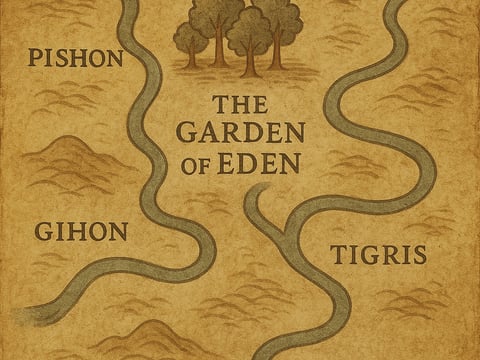During the Early Holocene (~10,000 years ago), iodine deposition increased with sea level rise, coastal inundation, and higher precipitation. Much of the precipitation was from ocean-arising clouds - rich in iodine from sea water and seaweed concentration of iodine. Enriching plant, animal, human and insect life, it vastly improved the intelligence of all creatures. The Garden of Eden likely reflects a real place around 10,000–7,000 BCE, when ecological abundance, driven in part by increasing iodine availability in the Fertile Crescent, enabled the first human intellectual growth and symbolic religiosity. Man's growing I.Q. urged him to seek out God, and to hear God's voice.
The 97 Nobel Prize winners were of exceptional intellectual ability. Did they believe in a loving and universally powerful God? Yes. Between 1901 and 2000, 65.4% of Nobel Prize winners were practicing Christians. Jewish believers accounted for 20% of Nobel Prizes awarded. Atheists were 10.5% of Nobel Prize winners. Intellectual ability is possible ONLY when the maternal parent gets enough iodine during the critical pre-pregnancy, pregnancy and post-partum periods. The paternal parent must also have enough iodine: lack of iodine in the father causes deficits in sperm quality, viability and production. And ultimately, the child's intelligence.




